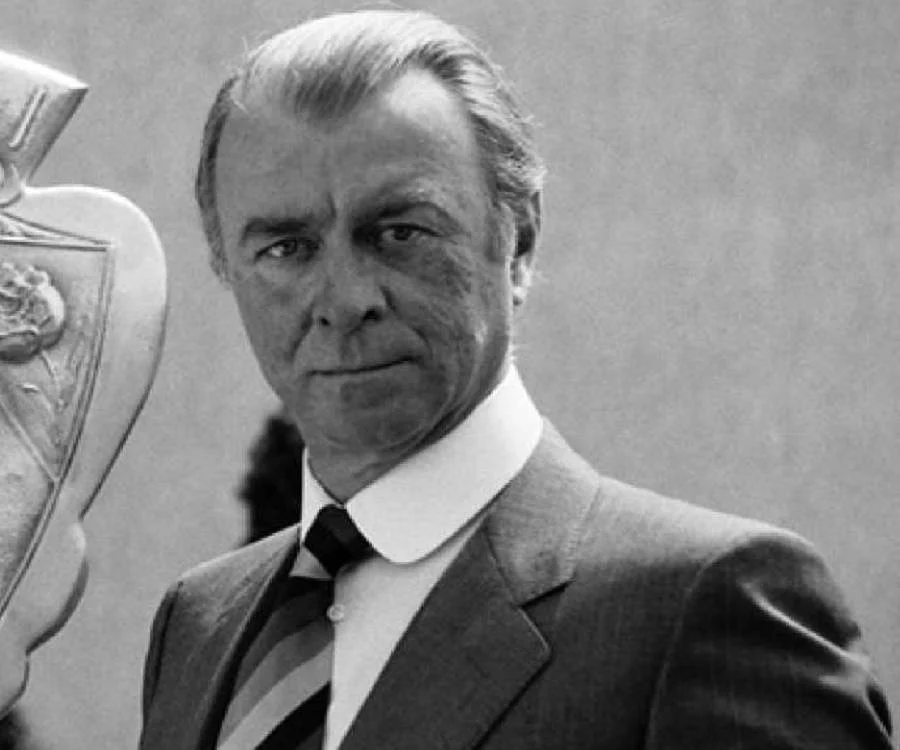Guccio Gucci: Visionary Behind a Fashion Empire
Who Was Guccio Gucci? His Early Life and Humble Beginnings
The story of Guccio Gucci is a tale of perseverance, passion, and innovation. Born in Florence, Italy, in 1881, Guccio Gucci didn’t start in luxury. His early life was far from glamorous, but it laid the foundation for what would become one of the most iconic fashion houses in history. Raised in a modest family, Guccio worked several odd jobs during his youth, experiencing firsthand the lives of the working class. These early experiences shaped his understanding of quality, service, and craftsmanship.
His early career took an unexpected turn when he moved to London, working as a dishwasher and later a bellhop at the prestigious Savoy Hotel. It was here, surrounded by European aristocrats and wealthy travelers, that he was introduced to the world of high fashion and luxury. Guccio was inspired by the finely crafted luggage and accessories that passed through the hotel’s lobby. This exposure to luxury goods planted the seed for what would eventually become the Gucci empire.
Table: Guccio Gucci’s Early Life at a Glance
| Detail | Information |
|---|---|
| Full Name | Guccio Giovanbattista Giacinto Dario Maria Gucci |
| Birth Date | March 26, 1881 |
| Place of Birth | Florence, Italy |
| Early Career | Dishwasher, Bellhop |
| Key Influence | Savoy Hotel, London |
How Did Guccio Gucci Start His Business? The Birth of the Gucci Brand

In 1921, after returning to Florence, Guccio Gucci founded his first leather goods shop, marking the birth of the Gucci brand. The store, located in the heart of Florence, quickly became known for its fine craftsmanship and attention to detail. Initially, Gucci specialized in high-quality leather goods such as luggage, saddles, and accessories for horseback riding. Guccio’s meticulous attention to craftsmanship set his products apart, attracting wealthy clients from across Europe.
Guccio was determined to combine traditional Italian craftsmanship with an international vision of luxury. His use of high-quality materials, combined with artisanal techniques, created a unique blend that resonated with both Italian and international customers. By the 1930s, the Gucci brand had gained a reputation for its elegant and timeless designs, with its signature bamboo bag becoming an instant hit.
“Quality is remembered long after price is forgotten” – Guccio Gucci
The Role of Family in the Growth of Gucci
Guccio’s success was not achieved alone. His family played a significant role in expanding the business. By the mid-1930s, Guccio had involved his sons – Aldo, Vasco, and Rodolfo – in the company, marking the beginning of a true family empire. Under their leadership, Gucci expanded beyond Florence, opening stores in Rome and Milan.
However, the rise of the brand also brought about internal conflicts. Family disputes over control and business decisions plagued Gucci for decades, creating tensions that would eventually lead to legal battles and power struggles. Despite these challenges, the family’s involvement was instrumental in growing Gucci into a global brand, with Aldo expanding operations to the United States in the 1950s.
The Gucci family’s impact on the brand was both a blessing and a curse. While their collective efforts drove the company to new heights, internal conflicts threatened to tear it apart.
What Makes Gucci’s Style Iconic?

Guccio Gucci’s eye for style was unmatched, and it was his dedication to innovation that set Gucci apart from other brands. One of the most iconic creations during his tenure was the bamboo handle bag, first introduced in 1947. This innovative design became a symbol of elegance, blending modern aesthetics with traditional craftsmanship.
Guccio understood the importance of catering to a sophisticated clientele, including royalty, politicians, and Hollywood stars. His designs were embraced by celebrities like Grace Kelly and Audrey Hepburn, cementing Gucci’s place in the pantheon of luxury fashion. The interlocking G logo, which is synonymous with the brand today, was introduced during the 1960s and quickly became a symbol of status and exclusivity.
“Elegance is not about being noticed; it’s about being remembered.” – Guccio Gucci
Challenges and Controversies: Gucci’s Internal Struggles
Behind the glitz and glamour of the Gucci brand lies a history of internal turmoil. As the company grew, so did the tensions within the family. Power struggles and disagreements over the direction of the business led to a series of legal battles that almost destroyed the brand.
In the 1980s, the Gucci family was embroiled in a bitter feud, with several family members being ousted from the company. Despite these challenges, the brand survived and continued to flourish, thanks in large part to its unwavering commitment to quality and innovation.
Guccio Gucci’s Legacy: Shaping the Future of Fashion
Guccio Gucci’s influence on the world of fashion cannot be overstated. His emphasis on quality, craftsmanship, and luxury set the foundation for the modern luxury goods market. Even today, Gucci remains one of the most prestigious and sought-after brands in the world, thanks to the values instilled by Guccio during the brand’s early days.
The company has evolved, embracing new designs and trends, but it continues to honor Guccio’s legacy by maintaining the high standards he set. The Gucci brand is now a global fashion powerhouse, with stores in major cities across the globe and a presence that extends far beyond clothing.
Interesting Facts About Guccio Gucci
- Guccio started his career as a bellhop in London, where he was inspired by the luxurious luggage of the hotel guests.
- The bamboo bag, one of Gucci’s most famous products, was created during World War II due to leather shortages.
- Despite his later success, Guccio Gucci was modest, often downplaying his contributions to the fashion world.
- The interlocking G logo that defines Gucci today was introduced by his son Aldo after Guccio’s passing.
FAQ: Frequently Asked Questions
- What inspired Guccio Gucci to start his brand?
Working as a bellhop at the Savoy Hotel, Guccio was inspired by the luxurious goods of the wealthy guests. - What is Guccio Gucci most famous for?
He is most famous for founding Gucci, a brand known for its luxury leather goods, handbags, and high-fashion items. - How did Guccio Gucci’s family impact the brand?
His sons played key roles in expanding the brand internationally, though their involvement also led to internal conflicts. - What are some of Gucci’s most iconic designs?
The bamboo bag, the interlocking G logo, and equestrian-inspired accessories are some of Gucci’s most iconic designs.
Meta Description:
Discover the extraordinary life of Guccio Gucci, the visionary who founded the iconic fashion empire, Gucci. From humble beginnings to a global legacy.






